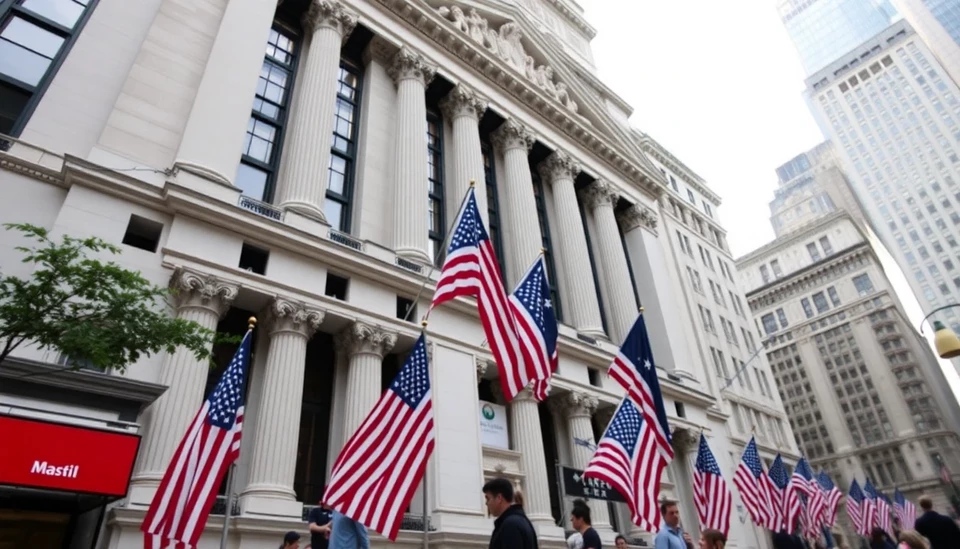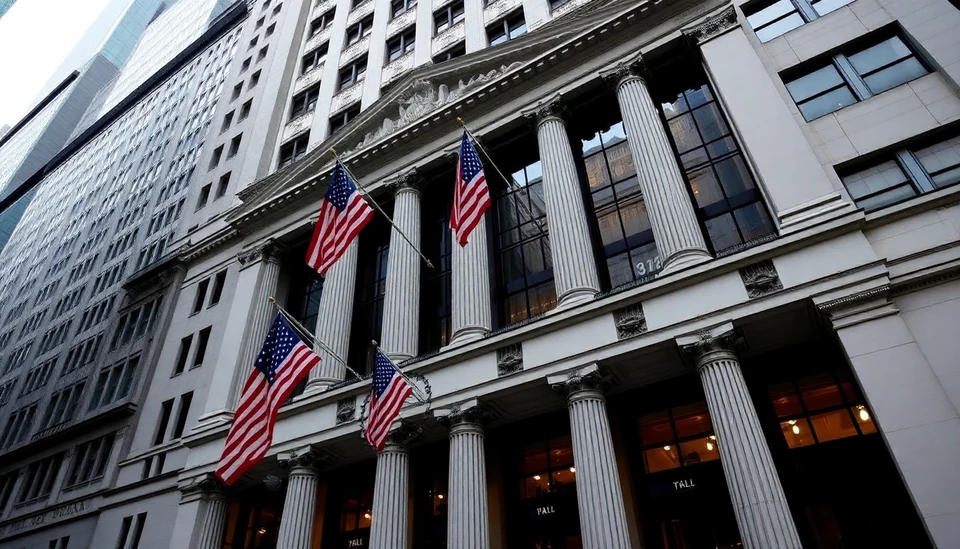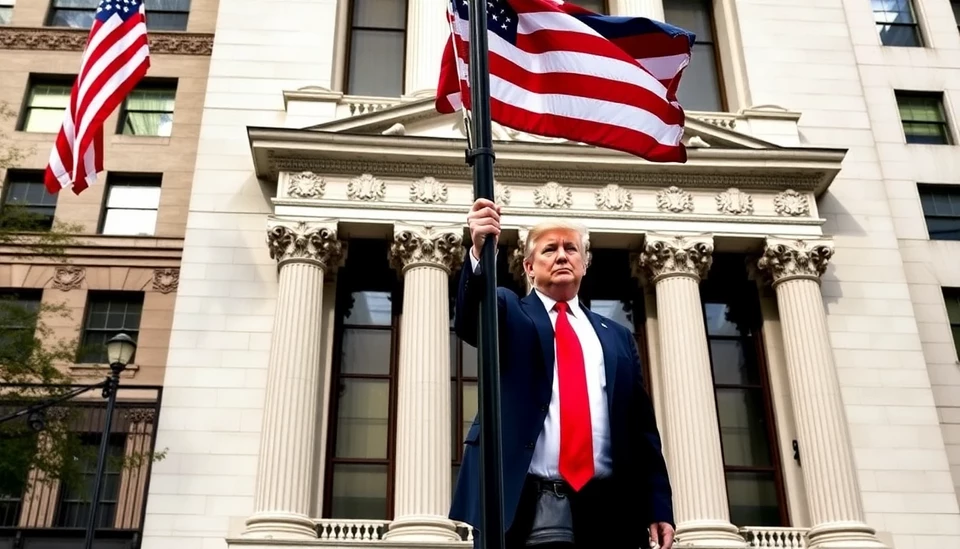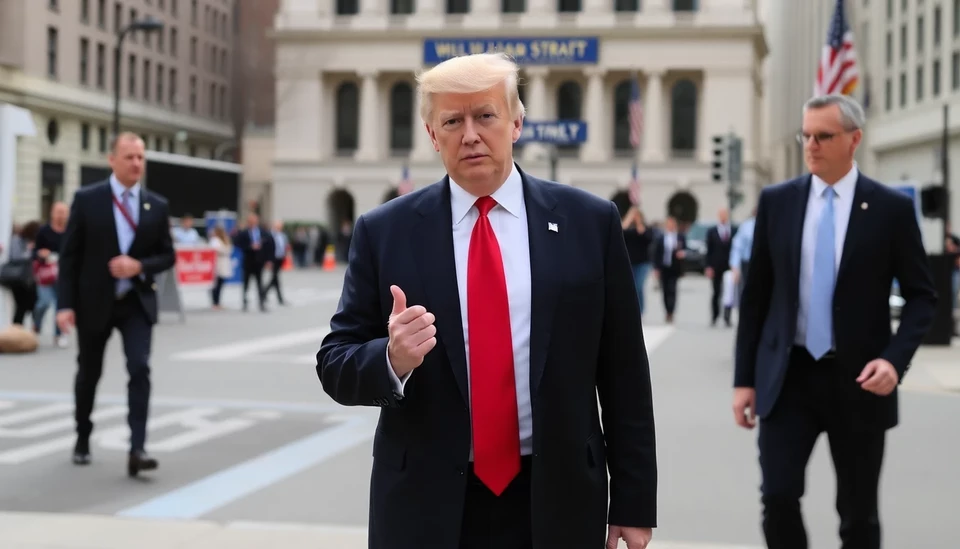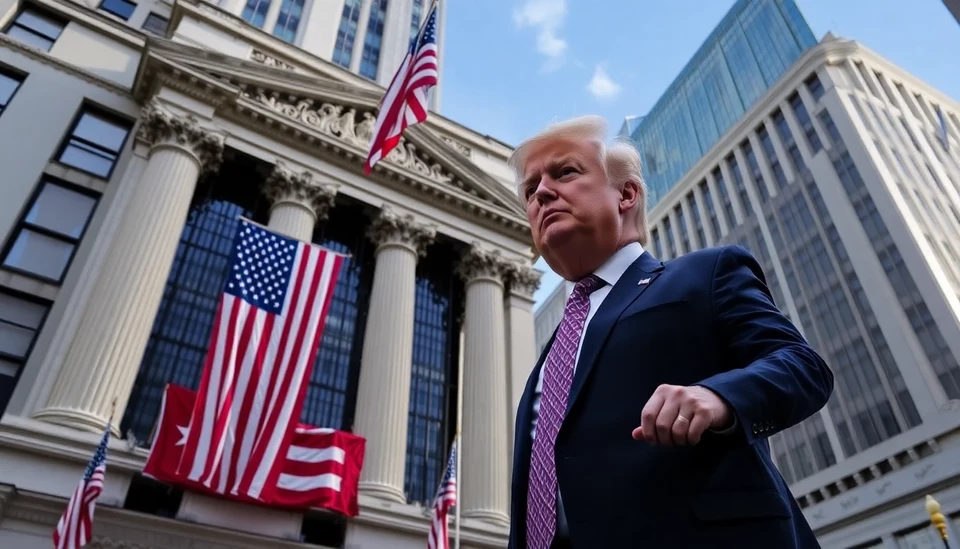
In a thought-provoking new episode of a popular podcast, analysts delve into the complex relationship between Wall Street and former President Donald Trump, who now seems poised to make a significant return to the political arena. As the challenging landscape of the 2024 election approaches, financial experts are grappling with the implications of a potential Trump presidency for markets and economic policies.
The discussion kicks off with a retrospective look at Wall Street's initial embrace of Trump, emphasizing how within the realm of finance, his administration was often regarded with cautious optimism. Trump's policies, including tax cuts and deregulation, were initially met with enthusiasm by major financial players who anticipated favorable outcomes for business and investment. This palpable optimism manifested in soaring stock markets and robust economic indicators during his presidency.
However, the podcast hosts highlight a crucial turning point: the consequences of Trump's unpredictable political style and controversial decisions, including those related to trade and foreign policy. Analysts note that while Trump’s policies may have benefited certain sectors, his approach often stirred volatility that left investors feeling uneasy about long-term stability. As the episode progresses, the discussion turns to how Wall Street navigates the potential for Trump to reclaim the presidency and the ramifications this could hold for both domestic and global financial markets.
Economic experts point out that amid signs of Trump's potential resurgence, the financial sector must recalibrate its strategies—particularly in light of his populist messages that resonate with many voters. The podcast thoroughly examines how Trump's distinctive communication style and his ability to mobilize his base could once again introduce uncertainty into the investment climate, forcing Wall Street to confront both risks and opportunities that may arise from his policies.
The hosts also investigate the contrasting perspectives from analysts about Trump's impact on Wall Street today. Some are warily optimistic, suggesting that his past presidency has cultivated a framework that may allow for potential growth, while others remain skeptical, pointing to the instability and division that characterized his time in office. The differing views reflect a deeper concern about the broader implications for governance and economic management in the U.S.
Importantly, the episode encapsulates opinions on whether the financial community can effectively balance its interests while addressing the expectations of a populace that feels increasingly disconnected from the elite financial structures. The conversation raises probing questions about the alignment of Wall Street's priorities with those of everyday Americans—a tension that masterfully illustrates the changing dynamics between wealth, power, and democracy.
As the podcast concludes, there is a shared sense of hope for clarity in the months leading up to the election. However, the uncertainty over Trump's potential candidacy looms large. The dialogue serves as a crucial reminder that, no matter the outcome, Wall Street is tasked with recalibrating its strategies in a landscape marked by political unpredictability.
With the 2024 presidential race heating up, both Wall Street and Trump watchers are left pondering what this future hold—will it be a time of economic resurgence or a more profound reckoning?
#WallStreet #Trump2024 #Politics #EconomicPolicy #Investing #Finance #PoliticalAnalysis #MarketTrends
Author: Laura Mitchell
